How Proposed US Sanctions Could Shake the ANC Elite to the Core
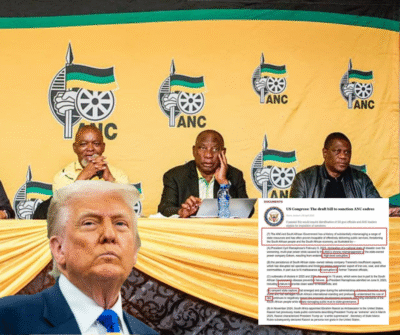
By KZN Daily News Desk | July 2025
South Africa’s most powerful political figures may soon face personal restrictions that could upend their international lifestyles, business interests, and financial freedom. This follows the US House Committee’s decision to pass a bill aimed at identifying ANC leaders who should be subjected to targeted sanctions for alleged corruption, state mismanagement, and human rights violations.
The draft legislation, titled the US-South Africa Bilateral Relations Review Act of 2025, paints a grim picture of governance under the ANC. According to the bill, the South African government has “substantially mismanaged” national resources, leading to weakened public services and a declining economy.
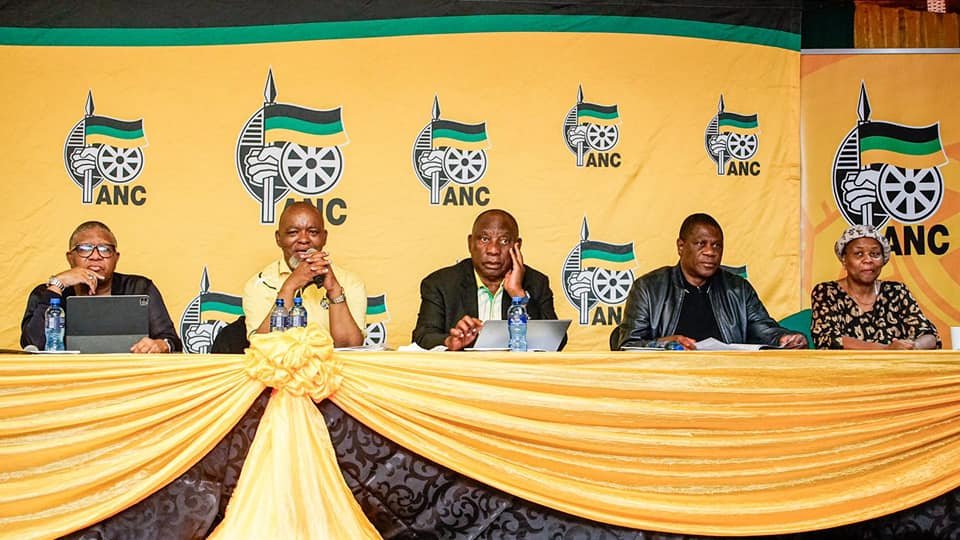
What Are Sanctions, and Who Do They Target?
For those unfamiliar, sanctions are not just symbolic penalties—they are real-world restrictions that freeze bank accounts, block international travel, and sever access to global business networks. But unlike economic sanctions that hurt entire nations, these are targeted sanctions, meaning only individuals accused of wrongdoing would be affected.
In essence, if passed into law, this bill could blacklist specific ANC officials, making it nearly impossible for them to do business, invest, or travel abroad.
The Explosive Allegations Fueling the Push for Sanctions
The US bill accuses ANC leadership of being responsible for South Africa’s worsening crises. Among the issues cited:
- Years of chronic mismanagement at Eskom have led to a national energy disaster. The bill points to a February 2023 declaration of a national state of disaster due to load shedding, linked to “high-level corruption.”
- Disruption of mining exports and economic bottlenecks, caused by Transnet’s decaying infrastructure—allegedly due to corruption within the state-owned company.
- Deadly cholera outbreaks in 2023 and 2024, blamed in part on the government’s failure to provide clean water and effective healthcare infrastructure.
- Rampant state capture, which the bill claims has deeply damaged public trust in governance, undermined the rule of law, and crippled development.
The document states that the ANC-led South African Government has a history of substantially mismanaging a range of state resources and has often proven incapable of effectively delivering public services, thereby threatening the South African people and the national economy.
Behind the Sanctions: US Foreign Policy and Global Alliances
The bill is not only about internal governance. It also expresses serious concern over South Africa’s increasingly close political and military ties with global superpowers China and Russia—two nations that are in direct competition with the United States on the global stage.
From Washington’s perspective, Pretoria’s loyalty to these allies, while receiving aid and investment from Western countries, is viewed as double-dealing. The bill explicitly accuses South Africa of undermining US interests by aligning itself with geopolitical adversaries.
Texas Congressman Ronny Jackson introduced the legislation in April 2025. If passed through the House and Senate, it will land on President Donald Trump’s desk for final approval.
What It Could Mean for Targeted ANC Leaders
If enforced, targeted sanctions will have far-reaching consequences for those named:
- Travel bans: Those sanctioned may no longer be able to enter the United States or other allied countries.
- Asset freezes: Any bank accounts, investments, or properties held abroad could be seized or made inaccessible.
- Business disruption: International partners may sever ties, making it difficult for sanctioned individuals to continue cross-border business operations.
- Reputational damage: Sanctions come with global scrutiny and can result in loss of political credibility, even locally.
Experts say that for ANC leaders with assets abroad or family members living in other countries, the personal impact could be immense.
AfriForum Weighs In: “Sanctions Won’t Hurt the People—Only the Corrupt”

“These are not economic sanctions that hit everyone,” said AfriForum’s head of public relations, Ernest van Zyl. “These are personal measures against individuals who are allegedly looting the country and damaging South Africa’s image and future. If the ANC wants to argue that punishing these individuals will destroy the economy, they need to explain why those specific individuals are so vital to economic growth in the first place.”
Public Accountability or Geopolitical Pressure?
Some critics argue that while the bill claims to protect democracy and fight corruption, it also serves Washington’s geopolitical goals in Africa. Others see it as a necessary step in forcing accountability where domestic efforts have failed.
Whether the bill becomes law or not, one thing is clear: the global spotlight is now on South Africa’s ruling elite. The potential for personal sanctions is no longer a distant threat but a real and looming possibility that could reshape the country’s political dynamics.
Final Thought
This moment could mark a turning point for South Africa’s leadership. As international pressure mounts, the ANC is faced with a choice—confront the allegations with transparency and reform or risk further isolation on the global stage.
The question now is not whether the world is watching—but whether those in power are willing to act before the consequences become personal.
Contact KZN Daily

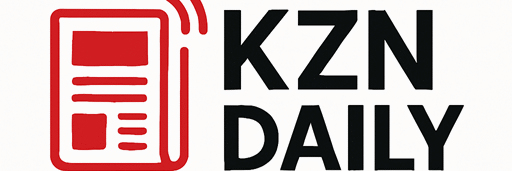
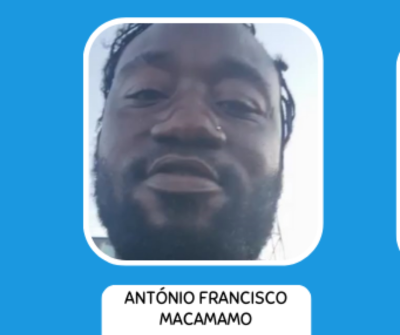

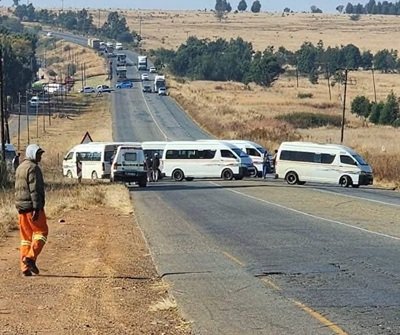

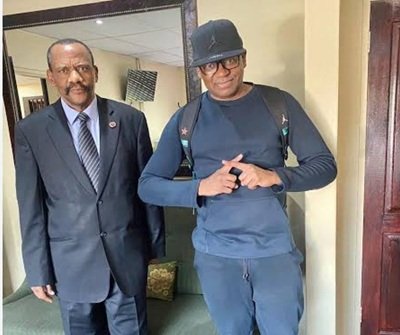

One Comment
Comments are closed.